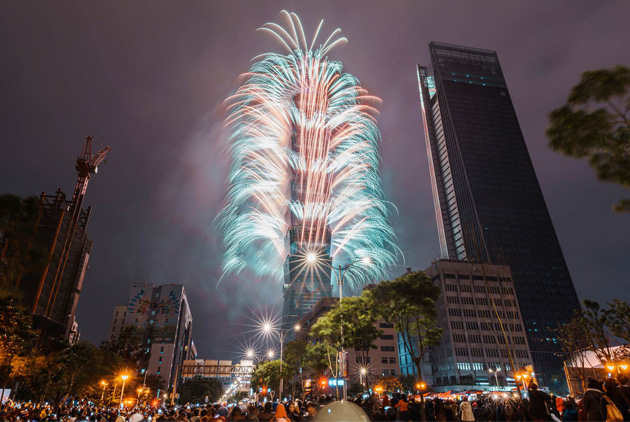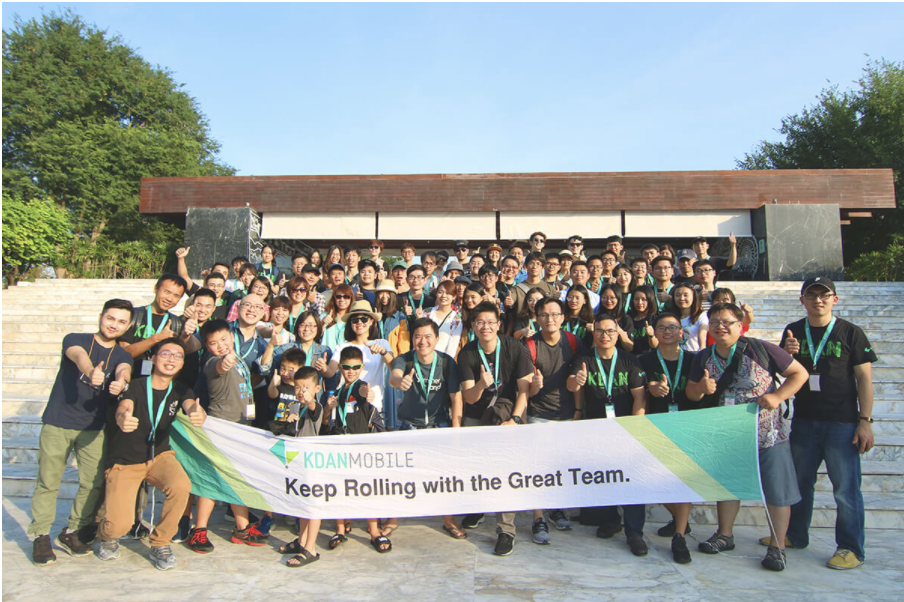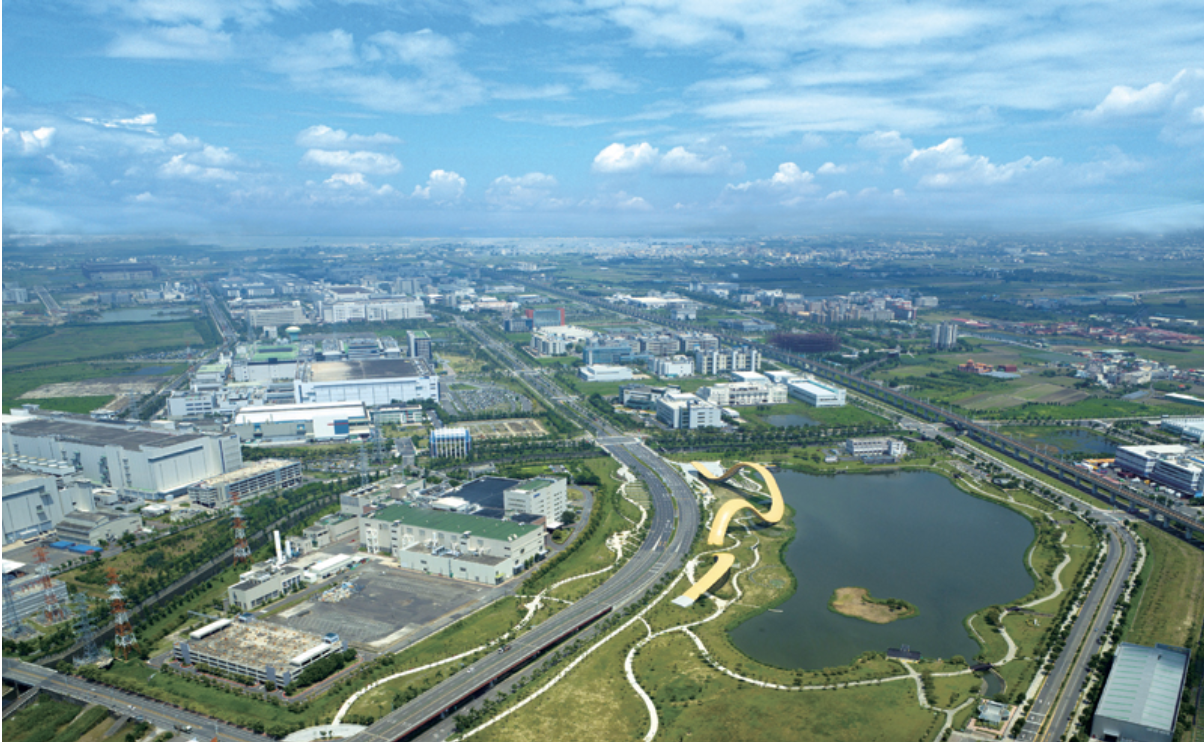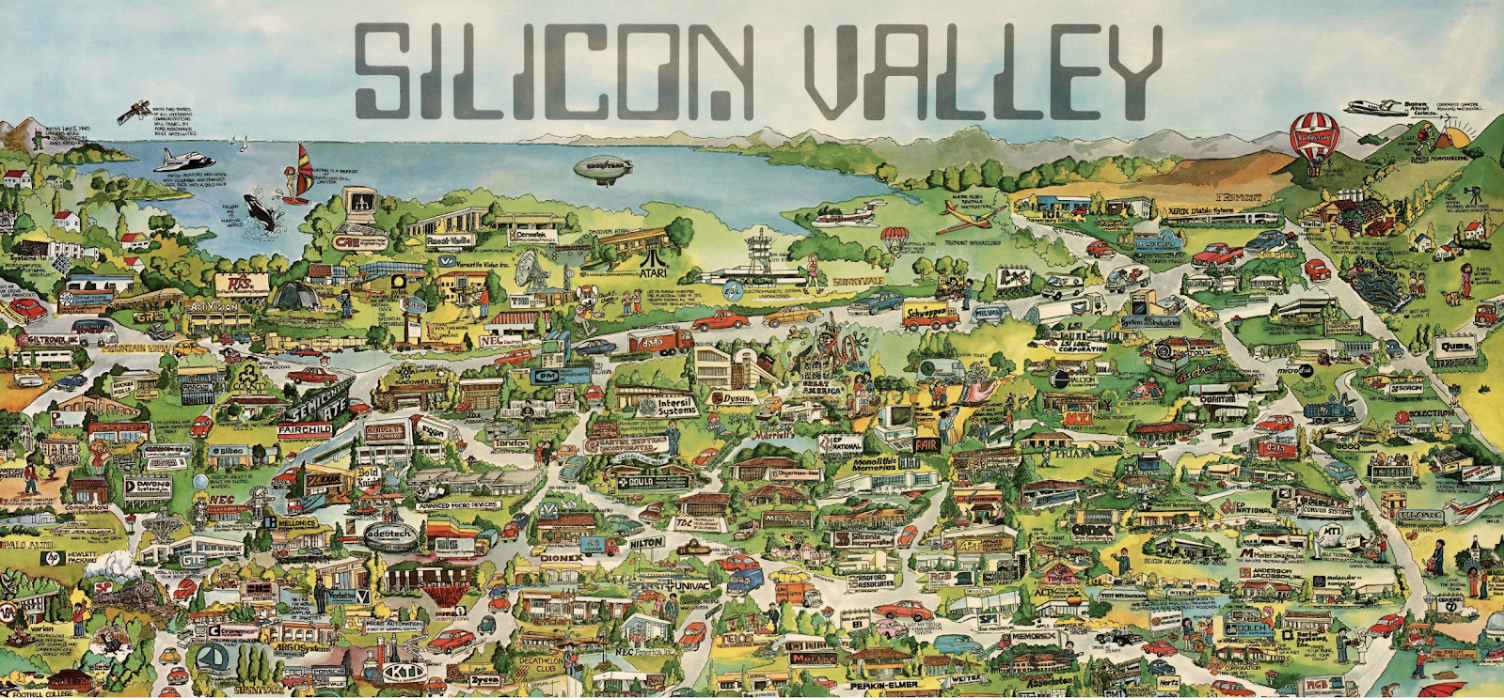Emphasis on Taipei as a Startup Hub Could Hurt Taiwan

Source:Shutterstock
Kaohsiung or Tainan might not be the next Silicon Valley. But with combined effort, it will be known not just for its great food and history.
Views
Emphasis on Taipei as a Startup Hub Could Hurt Taiwan
By Nicky Szmalaweb only
Whenever I tell people in Taipei that I live in Tainan, usually the response is Tainan’s delicious food, natural beauty and rich history. Conversations rarely touch anything related to business, such as Google's plan to set up a second data center in Tainan Technology Industrial Park (TTIP), TSMCs' commitment to expanding its production capacity or innovative startups like Kdan Mobile, whose productivity and creativity apps netted 200 million downloads.

I’ve also lived in Kaohsiung, which immediately conjures a slower pace of life compared with Taipei and the convenience of beaches around Kenting.
That's unfortunate as the South has a lot more to offer than recreation. The Southern Taiwan Science Park, with its locations in Kaohsiung and Tainan, hosts Fortune 500s like the above mentioned TSMC and Google as well as many other well-known high-tech companies.
It’s also home to venture development firm Rainmaking Taiwan. The consultancy co-creates new businesses bridging leading industry players with entrepreneurs and new markets.
Another resource for SMEs and Startups in the region working on IoT, Big Data, Cloud Computing, Industry 4.0, Robotics, and Fintech products is the Starfab Accelerator. Starfab runs multiple vertical startup acceleration programs every year and supports rising companies with access to funding, a mentor network of industry leaders, and access to their corporate partners including Microsoft and Delta Electronics.

Kaohsiung is not only expanding its port capacity to rejuvenate its former economic heydays, but also investing in new technologies with the opening of KO-IN Smart High Point. The innovation park housed in a former market building aims to attract businesses that utilize AI, the Internet of Things, blockchain, as well as fintech.
One of the tenants is Wellgen Medical (威捷生物醫學股份有限公司). The company utilizes its proprietary AI algorithms and cloud platforms to analyze microscopic images to improve diagnostic sensitivity and clinical outcomes.
And leading Taiwanese as well as global brands trust Kaohsiung-based RealTime with the development of their mobile apps and cutting-edge digital solutions.
With over 300 projects under its belt, the agency is an enabler for digital transformation and a testament to the South’s ability to build a strong digital service business outside of Taipei.
Just across RealTime's office, Foxconn, one of Taiwan's most prominent companies, established a new server plant and ASE recently announced that it is partnering with Qualcomm and Chunghwa Telecom to build a 5G smart factory.
The South has now risen as a new hub of innovation. One of the reasons is that Kaohsiung and Tainan are home to some of the best universities on the Island, including the prestigious National Cheng Kung University in Tainan and National Sun-Yatsen University in Kaohsiung.
All the conditions are in place for this area to become a new regional hub of innovation. It's therefore unfortunate that the South does not get more recognition and resources to accelerate this development.
Emphasis on Taipei as a startup hub at the expense of other cities hurts Taiwan
For startups, at least, Taipei seems to be the focal point to grow and nurture new digital businesses at the expense of other regions in Taiwan. Just look at the selection of Taiwan's "coolest" startups this year—the Ministry of Science and Technology picked 10 technology companies all based in either Taipei or Hsinchu.
There is no doubt that Taiwan’s Northern cities are its commercial hubs, with leading industry players based here. Taiwan's two unicorns, Gogoro and Appier, are headquartered in Taoyuan and Taipei, respectively, and take advantage of the region's talent pool, access to investors as well as clients and customers. Basically all of Taiwan’s big tech names outside of ASE have their headquarters in the North, including TSMC, Foxconn, Quanta Computers, Acer and Asus.
The world's most innovative countries show us how it's been done
Bloomberg ranked 60 countries based on various criteria, including R&D investment, manufacturing capability, and concentration of high tech companies, to identify the most innovative countries. Besides South Korea (#2) and Singapore (#3), all of the top 10 ranked economies feature multiple startup hubs across their countries. While this can be expected for countries of the size of Germany (#1), the US (#9), and France (#10), it also holds true for smaller nations that made it into the top 10. For example, Switzerland (#4), which is of similar size as Taiwan (though with a much smaller population) and comparable GDP, also has two startup unicorns. One is based in St. Gallen and the other one in Lausanne. While the Swiss capital Zurich has a higher concentration of venture-funded technology companies, promising startups are across the country.
This observation also applies to Sweden (#5), Israel (#6), Finland (#7), and Denmark (#8). These countries have built multiple startup innovation hubs with late-stage venture-funded technology companies across multiple locations.
This matters because these aspiring companies, valued at billions or hundreds of millions of US dollars can change the fate of an entire region as they generate tax income, create jobs, attract talent and capital. Furthermore, with almost all bets on Taipei and the Northern region, there is a systematic risk if those bets for whatever reason does not play out as expected that could affect the whole country.
How the South can get there
What used to be farmland famous for prunes is now home to Apple, Google, Facebook and Intel, among many other leading tech companies and countless unicorns.
Many tales describe the development of Silicon Valley, but one of the significant factors long before the Silicon Valley area became famous for its technology companies was the creation of Stanford University in 1885 by Leland Stanford. He founded the university together with his wife in memory of his son, who died in Europe while pursuing his higher education.

Frederick Terman, coined as the "Father of Silicon Valley," was a graduate of Stanford University and MIT and returned to his alma mater to join the engineering faculty.
After the 2nd World War, he was appointed dean of the School of Engineering at Stanford and in 1951 instrumental in creating what is now the Stanford Research Park. Among its early tenants were companies like Hewlett-Packard (founded by Prof. Terman’s former students), Eastman Kodak, and General Electric.
It's not too hard to see similarities with what the government is trying to pursue with establishing science parks across the west coast of the island, including Taiwan's South.
And while Taiwan’s government cannot make a Fortune 500 company move its HQ to the South, it could certainly put stronger policies and incentives in place to grow a unicorn in the South. As a first step, it would help if the Ministry of Science and Technology selected a geographically more balanced selection of the most promising startups for 2021.
One highly successful startup case in the South could have the potential to convince local talent to stay closer to home and build their career here instead of pursuing higher-paying jobs and prestige in the capital region.
That requires more and efficient government subsidies and private-public partnerships of the likes of Taiwan Startup Stadium and Taiwan Tech Arena to build a more vibrant startup ecosystem.
Kaohsiung or Tainan might not be the next Silicon Valley. But with combined effort, it will be known not just for its great food and history.

About the author:
Nicky Szmala is a Tech Marketer and Startup Advisor based in Taiwan. When he is not working, he loves to cook, do yoga, and spend time with his family. Nicky holds an MBA from the University of Manchester.
Have you read?
♦ Taiwan needs to build a brand image beyond COVID-19
♦ Which Startups Do Hon Hai and MediaTek Ventures Favor?
♦ How To Grow a Unicorn App in Taiwan
Uploaded by Penny Chiang






